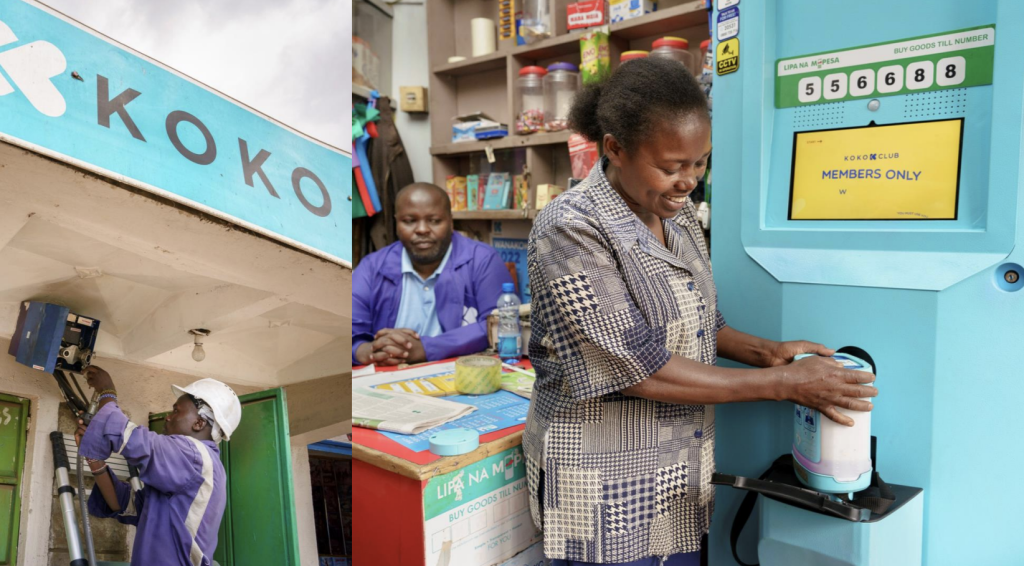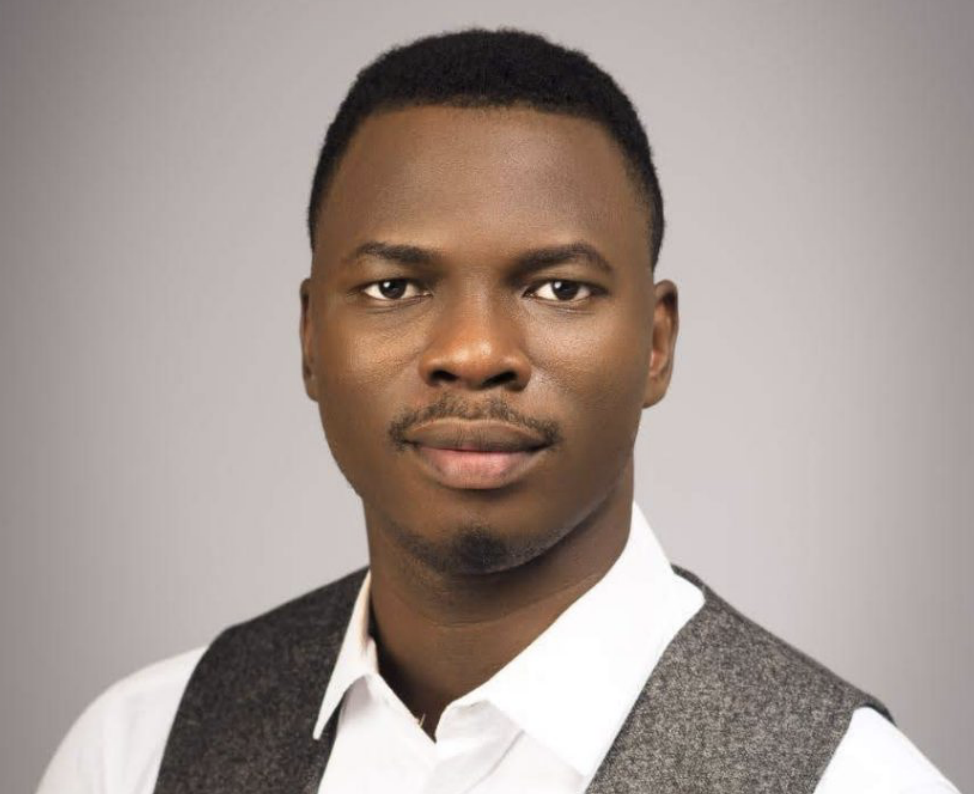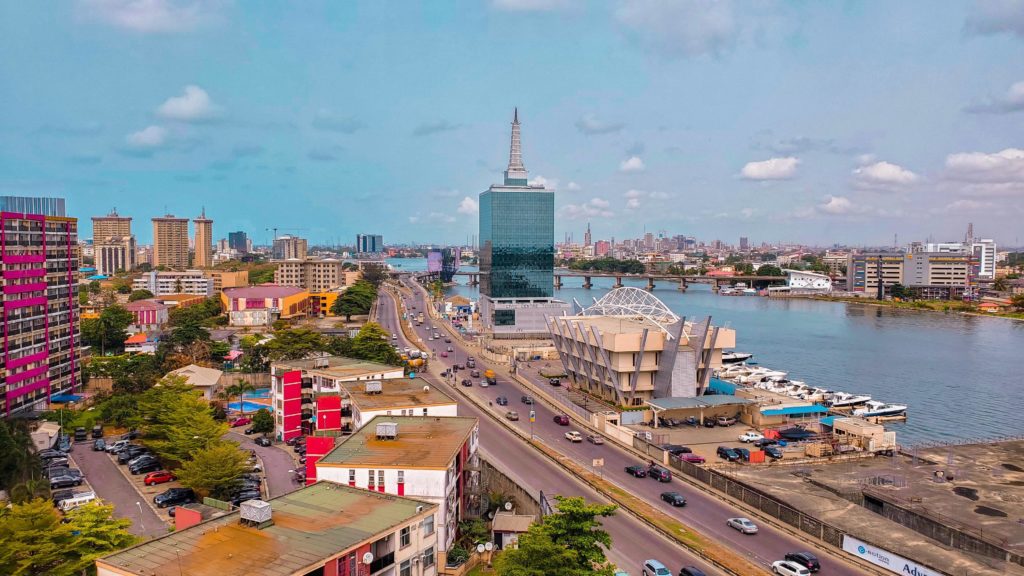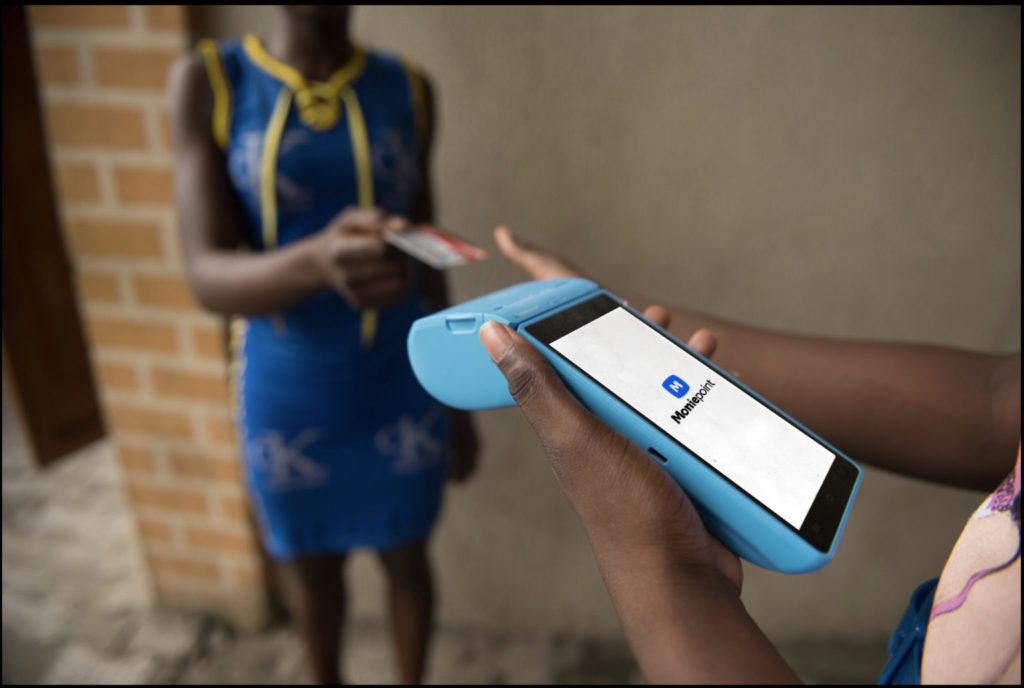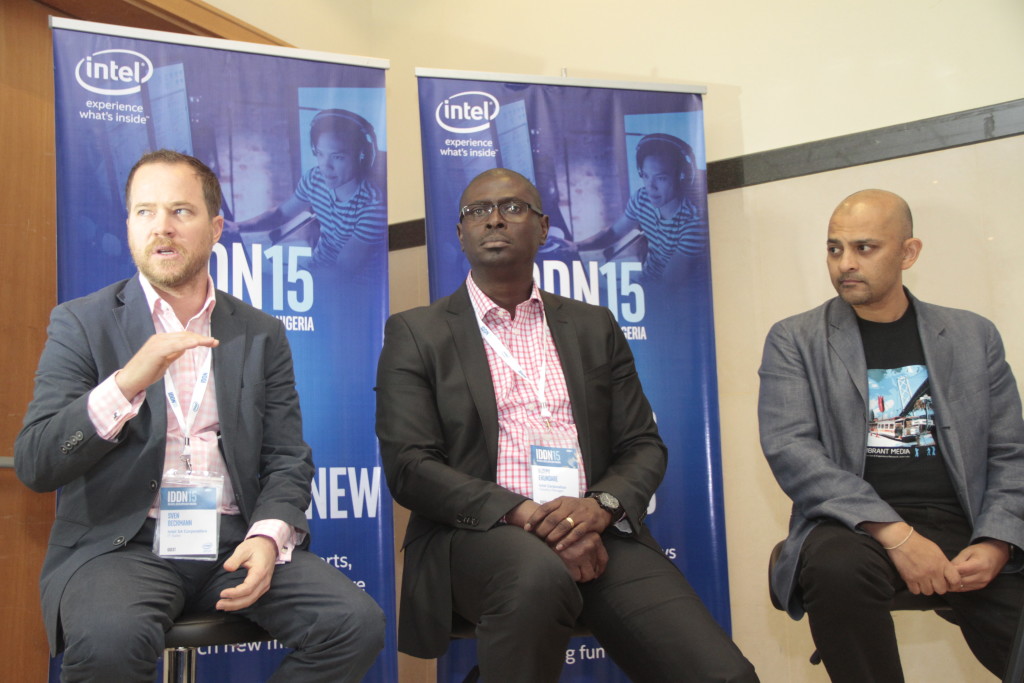
The Intel Developer Zone Nigeria launched back in August, but what you may not have heard is how intel plans to hone in on hardware via this outpost in Nigeria.
Beginning with how the Kenyan developer community compares to Nigeria’s, Hitendra Naik, who is director of innovation, Sub-Saharan Africa at intel believes the Kenya developer ecosystem is cozy but says products developed in Nigeria are more likely to have a stronger and wider take-up when they deliver real value.
In this interview, he delves into what the Intel Developer Zone will achieve in Nigeria and how it will do so.
TechCabal: The sense that we get is that, the Kenyan developer community is ahead and I was wondering if that was something you can corroborate or otherwise, based on the time you’ve spent in Nigeria
I think the Kenyan ecosystem is very cozy in the fact that there are a lot of players. A lot of players understand technology and everyone’s understanding of technology is similar. So things accelerate. There is a telco which understands what to do with the space. We have examples with mPesa and other things which worked.
But I think the business opportunities there may not be as big as they exist over here. Yes, you have a great innovation base, a lot of developers. When a developer builds something which makes an impact, the size of the ecosystem and that of the country is still fairly small. So we have seen companies that have marketplaces and other things, and while it’s going okay, they are kind of struggling in terms of building the finances and making it work. So, building it doesn’t mean they’ll always come and doesn’t mean you can always monetize it.
I think, anything that you build and that delivers value to the end-user in Nigeria, the takeup is going to be very high, because there is large population and people want to pay for it and monetize it.
You know, that’s where I think there is a big difference in Nigeria and Kenya. We started working in Kenya a few months ago and did many things but at the back of our minds it was always like, “when would be best time to expand our activities?”. One of things around the maker community is, we think that will be huge as well. What we didn’t want to do was talk about hardware and maker community without talking about the software space and doing it justice.
Speak more on how the CcHub partnership is going to play out in terms of the actual structure of the zone. I think that’s a brilliant thing to do, obviously. They’ve been pioneers of the Raspberry Pi. I’ve seen people do interesting things with Arduino boards and they had to go and import. It speaks to the commercial availability of these components. I feel if people are tinkering with software, at one point you want to tinker with the actual hardware. Maybe people will not be disappointed if they can have this.
There is a lot of things which are coming together in the ecosystem. Not just this hardware platforms which exist, you have things like communities and instructables which you can tap into and get insights into what you can make and easy instructions to be able do that. In US and other places, you have tech shops, where you can actually go build, and prototype your ideas. There are marketplaces which exist on Kickstarter and Indiegogo and other places where you can take your product to market. So, this whole making community has come about because all of these areas are developing within all of these spaces. So it’s not a fad, it’s here to stay.
I think what we are going to be doing is more around how can we tap into the innovation area as well. Last year we gave Galileo boards to a number of different schools around the world and here in Nigeria, we have a lot of things that we are doing. We have other products we are going to announce down the line in the next six months or so.
Have you started working with CcHub?
Definitely, they are getting some of our kits and we are working with them on various different areas. This area is where we want to shine the light. What we are doing in some of of the other markets is to take people who are developing this and helping them get coverage.
There are a lot of hacker spaces, smaller spaces, and even the knowledge of people in industry or even in government does not extend to the hardware equivalent of app development.
You ask someone “what are the maker communities?”, and you don’t know that. Because people in the tech space don’t know what is happening on the ground and elsewhere. So there is a lot different pockets there. How do we shine light on these successes, celebrate them and give them promotion in media and other places?
There is the global Intel Developer zone already that local developers can sign up to. What new advantage is there to joining the Intel Developer Zone now that it’s in Nigeria. Is there a more customized or local experience to that?
I think we’ll put more of local learning on there as well as we grow.
As we fill a bigger roster of what we are going to do with CcHub and some of our partners within the space. We are going to be customizing the experience. We are already working on these and should get them out soon.
There is a new programme, the Intel Champs. On there, if you view certain videos and take some trainings, you’ll accrue points which allow you to get cool things as well as hardware devices.
Bankole Oluwafemi contributed to this post.
Image: Audioage









